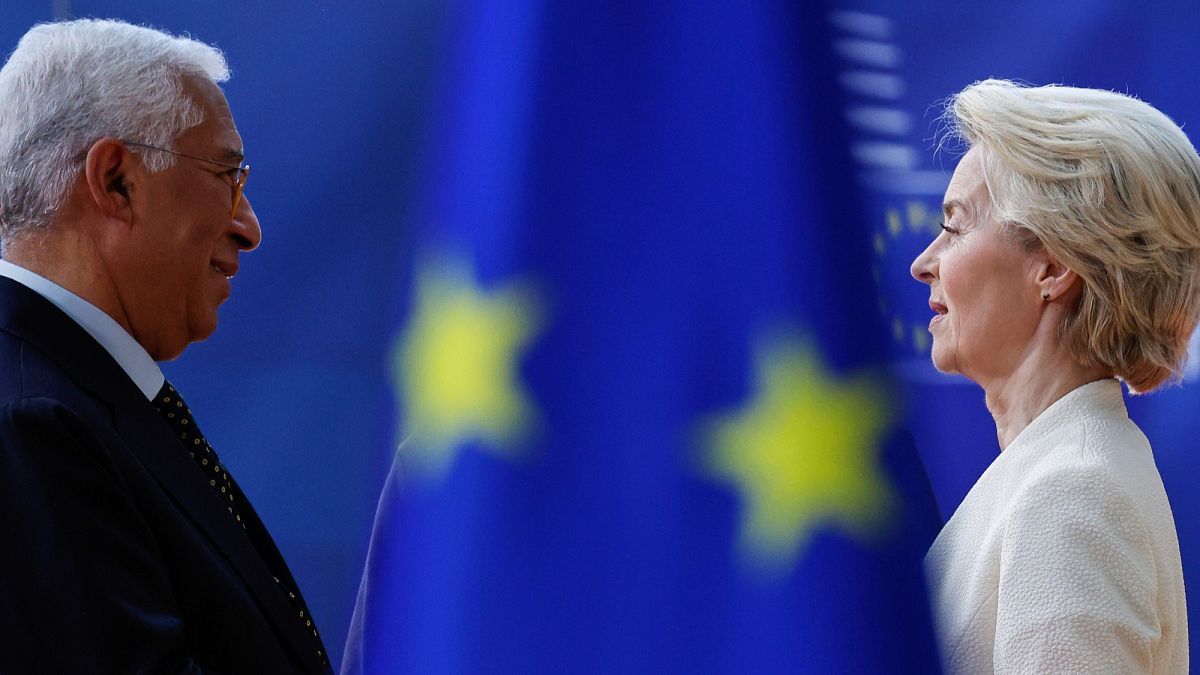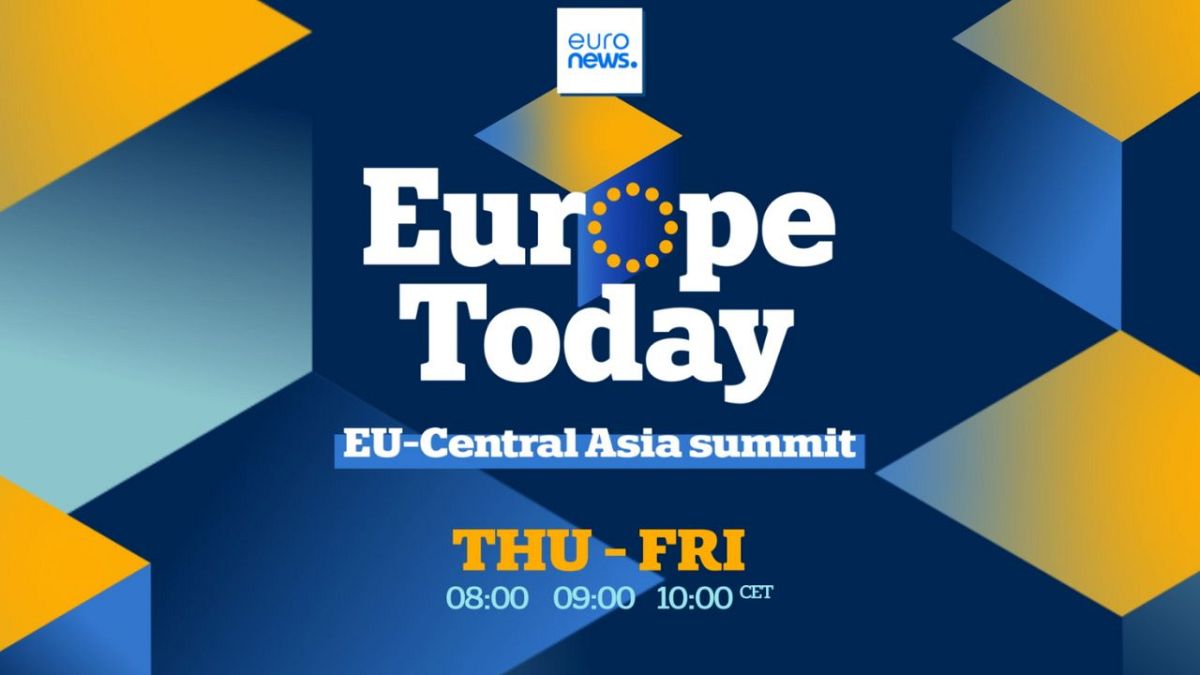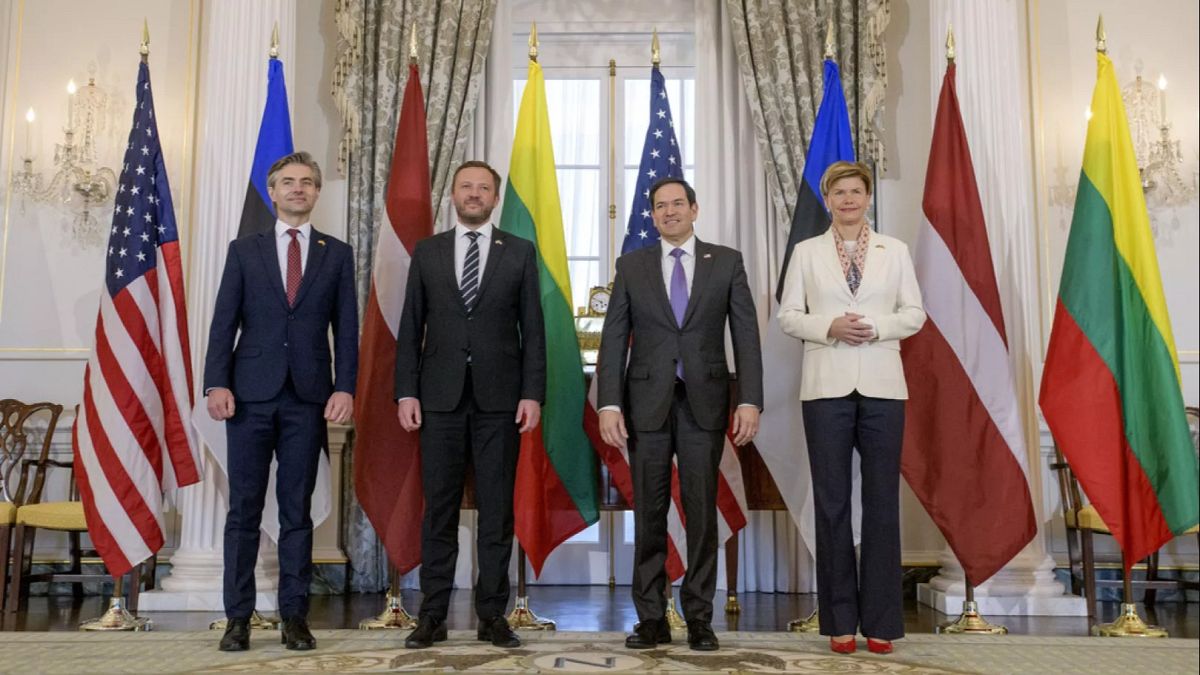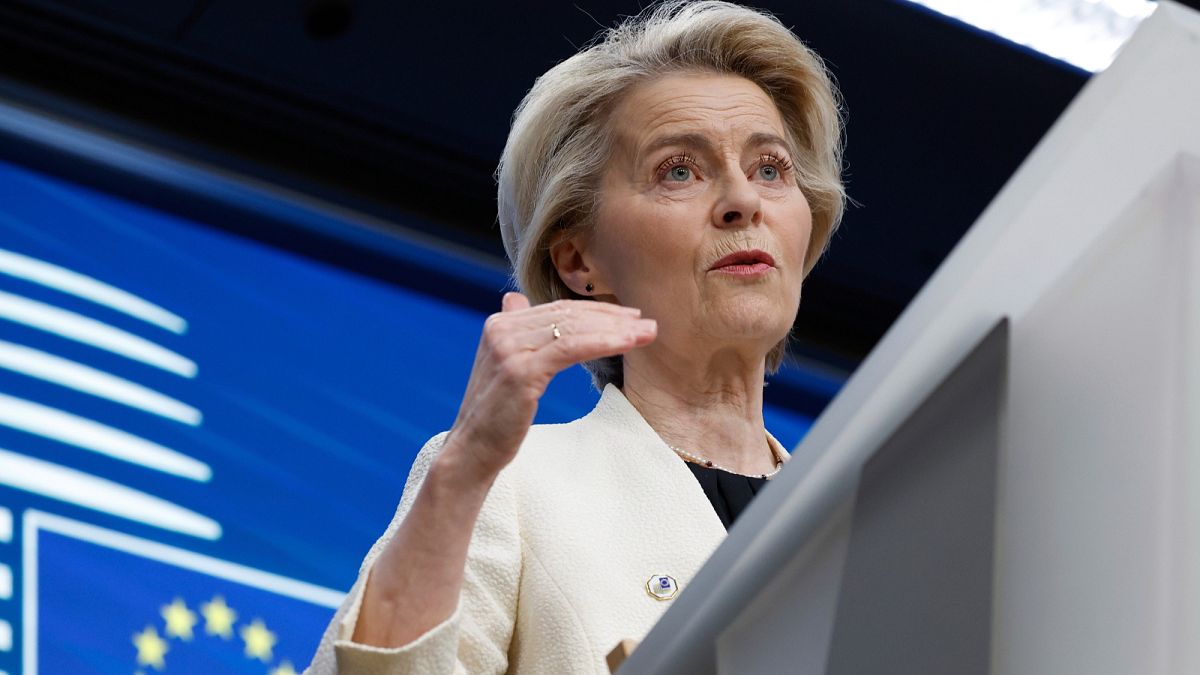By Lucy Davalou & Andrew Naughtie
The country's highly disputed parliamentary elections have drawn widespread condemnation, and Brussels says they should be re-run under international supervision within a year.
The prime minister of Georgia, Irakli Kobakhidze, has announced he is suspending his country's EU membership application process until the end of 2028.
His announcement came after the European Parliament condemned Georgia's 26 October parliamentary elections, stating they were neither free nor fair.
In a statement, Kobakhidze insisted that Georgia is a European country and that "it is our responsibility to make Georgia a full-fledged member of the European family," but that "Georgia-EU relations are bilateral and can only be bilateral."
"We are a proud and self-respecting nation with a long history. Therefore, it is categorically unacceptable for us to consider integration into the European Union as a favour that the European Union should grant us."
Kobakhidze also said that the government will refuse all funding coming from Brussels. The EU announced earlier that it was cutting any budgetary support to Georgia over the so-called "foreign agent" law and other decisions made by Georgian Dream that were seen as anti-democratic.
With the opposition refusing to recognise the new parliament’s legitimacy and boycotting its proceedings, Kobakhidze will continue as prime minister. The Georgian parliament has approved his new cabinet, but the opposition's seats are left vacant.
Earlier on Thursday, the European Parliament adopted a resolution criticising the ruling Georgian Dream party for the country's democratic decline, citing serious electoral violations such as voter intimidation, vote manipulation, interference with observers and media, and tampering with electronic voting machines.
The MEPs declared the election results unreliable and urged the international community not to recognise them.
European lawmakers have also called for EU sanctions against Georgia's prime minister and high-level officials, arguing that the Tbilisi government's policies are incompatible with the country’s Euro-Atlantic integration goals.
The parliament has backed an independent international investigation into electoral manipulation allegations in Georgia, urging the EU and its member states to impose personal sanctions on Georgian officials and political leaders held responsible for democratic backsliding, electoral law violations, and misuse of state institutions.
Russia's interference in Georgia's democratic processes, including efforts to spread the "Global War Party" conspiracy theory — which falsely claims the opposition would lead the country into war with Russia under Western orders — has been highlighted as a major destabilising factor in the South Caucasus nation.

 4 months ago
38
4 months ago
38






 We deliver critical software at unparalleled value and speed to help your business thrive
We deliver critical software at unparalleled value and speed to help your business thrive






 English (US) ·
English (US) ·